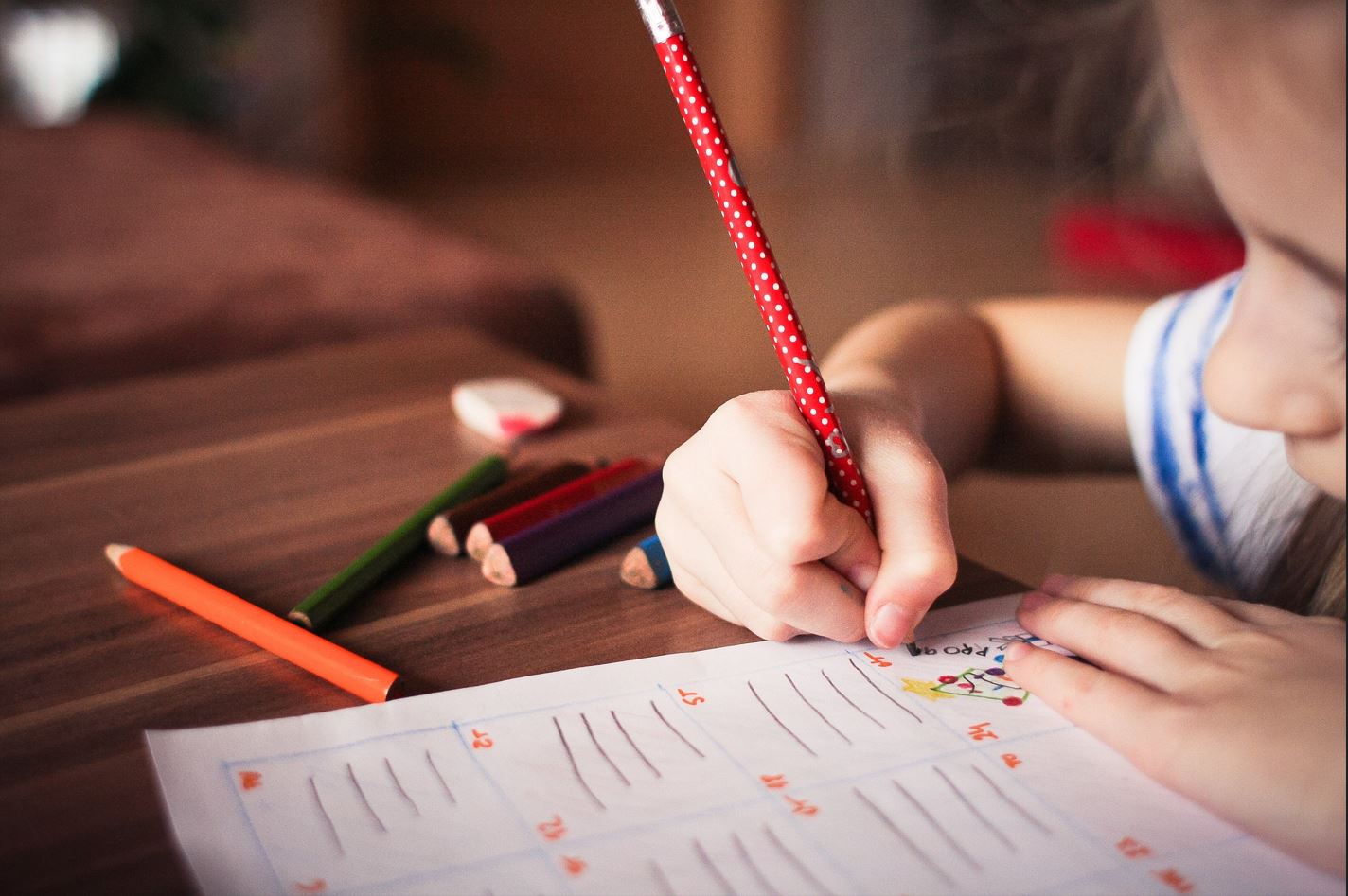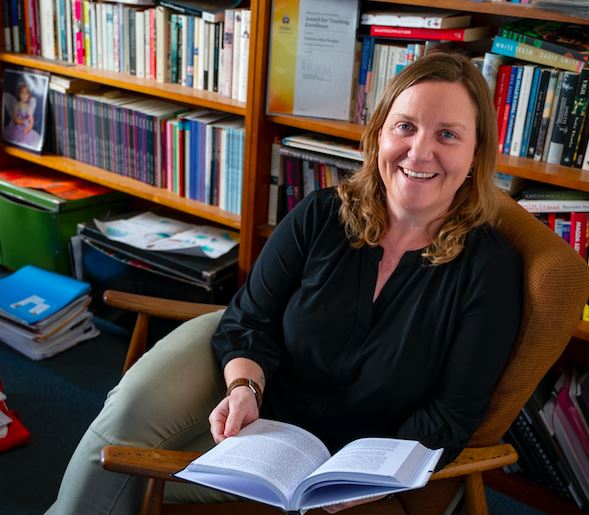
As the school year kicks off, primary school students are often asked to complete their first ‘About Me’ or ‘My Family’ assignment.
This is a prime time to start children thinking about their life story to help build a strong sense of positive self-representation in their writing and communications, says Flinders University Professor of English Kate Douglas.
“Telling personal stories about your life involves decisions and curation regarding what’s shared and what’s not.
“I think these exercises are a great opportunity for parents to support and engage with their children’s learning and development,” says Professor Douglas, an expert in life narrative and children’s storytelling.
“These activities can give children vital skills in self-representation that can be carried into their adolescent years when social media becomes central to their lives and self-image.”
As children settle back into school, they may be asked to complete getting-to-know-you projects which usually involves collecting and sharing information and images of themselves and their family.
“These activities encourage children to start thinking about their audience, disclosure, and their own agency, as they develop practical skills in the construction of self,” says Professor Douglas, author of a new book about children’s life narrative published by Bloomsbury.

“As children start using social media, they will share aspects of their life in a similar way.
“They will engage in decision-making on what they want to keep private and what they might make public.
“They will also consider what aspects of their self they might disclose in different social contexts.”
Professor Douglas says ‘About Me’ projects are an important creative tool – as well as a way to build community in the classroom through sharing stories about the self and everyday life.
As well as Children and Biography: Reading and Writing Life Stories (Bloomsbury, 2022), Professor Douglas has also written Contesting Childhood: Autobiography, Trauma and Memory and co-authored Life Narratives and Youth Cultures: Representation, Agency and Participation.
She has also published in The Conversation: ‘6 non-fiction reads for kids this summer, recommended by kids aged 9 to 11’ and ‘Teen summer reads: 5 novels to help cope with adversity and alienation.’

